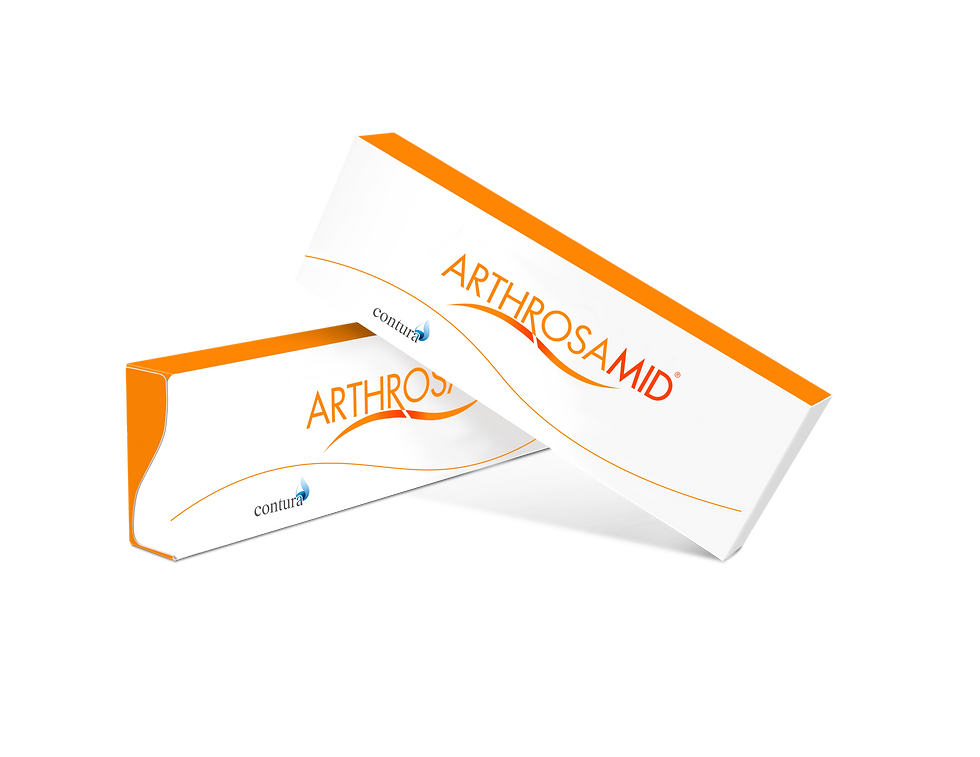The Importance of Vitamin D for Athletes
- botchey
- Jul 16
- 3 min read
Over the past decade, research into vitamin D has revealed just how vital it is—not only for general health but also for athletes striving for peak performance. So, how does vitamin D support the body during training and recovery, and what levels should active individuals aim for?
What Does Vitamin D Do?
Vitamin D is a fat-soluble vitamin, meaning it’s stored in the body’s fat tissue. It’s unique because our bodies can produce it naturally, just not without help. Sunlight triggers a reaction in the skin that converts cholesterol into vitamin D, while dietary sources such as oily fish, mushrooms, cheese, and eggs also provide some of what we need.
Once absorbed, vitamin D plays a key role in:
Supporting calcium absorption for strong bones
Enhancing muscle function and contraction
Aiding recovery from intense training
Strengthening the immune system
Why Athletes Need to Pay Attention
For athletes, maintaining robust bone and muscle health is critical. Low levels of vitamin D have been linked to:
An increased risk of stress fractures
Reduced muscle strength and power
Slower recovery and higher inflammation
Greater susceptibility to illnesses
One study found that female Navy recruits who supplemented with vitamin D had a 20% lower risk of stress fractures. Other research links optimal vitamin D levels to improved jump height and forearm strength.
What Are the Recommended Levels?
Vitamin D levels are measured in nanomoles per litre (nmol/L):
Deficient: <50 nmol/L
Insufficient: 50–75 nmol/L
Optimal: >75 nmol/L
To store vitamin D effectively in muscle and fat, levels above 75 are ideal. Most people need at least 1,000 IU (International Units) per day, but athletes with low levels may require 2000–5000 IU daily, or even higher doses for a short period, as advised by a medical professional.
How Can Athletes Get Enough Vitamin D?
1. Sunlight - Just 15 minutes of midday sun exposure with arms and legs uncovered can generate up to 20,000 IU of vitamin D. However, factors such as skin tone, sunscreen, and seasonality influence production. Always balance sun exposure with skin protection.

2. Diet - Foods rich in vitamin D include:
Salmon and other oily fish
Mushrooms
Cheese and egg yolks
Fortified foods like milk, cereals, and orange juice
Still, only around 50% of dietary vitamin D is absorbed, making food alone an unreliable source for athletes.

3. Supplements - Vitamin D3 (from animal sources) is more potent than D2 (plant-based). Weekly high-dose supplements (20,000–40,000 IU) are often more effective and convenient than daily doses. Always consult a healthcare provider to tailor your dosage.

Who’s at Risk of Deficiency?
Individuals with darker skin
Those who avoid sun exposure for medical or religious reasons
Older adults
People with gut absorption disorders (e.g., coeliac disease, IBD)
Related Concerns: Bone Health and Energy
Vitamin D works alongside calcium to support bone density. Athletes should aim for around 1,500 mg of calcium daily from sources such as dairy, eggs, and leafy greens. Inadequate energy intake also negatively impacts bone health, especially in female athletes, where menstrual irregularities can signal underlying nutritional issues.
Can You Take Too Much?
Vitamin D toxicity is extremely rare. Even high daily doses (e.g., 50,000 IU) for several months have not shown harmful effects in studies. Still, it’s best to follow professional guidance and monitor your levels periodically.
Final Thoughts
Vitamin D is essential for bone health, muscle repair, immunity, and overall performance. If you’re an athlete, maintaining optimal levels through a combination of sunlight, diet, and supplements is a smart move, especially during the darker months or intense training cycles.
Book a consultation to assess your vitamin D status and receive tailored supplementation advice: Pa@drbotchey.com


